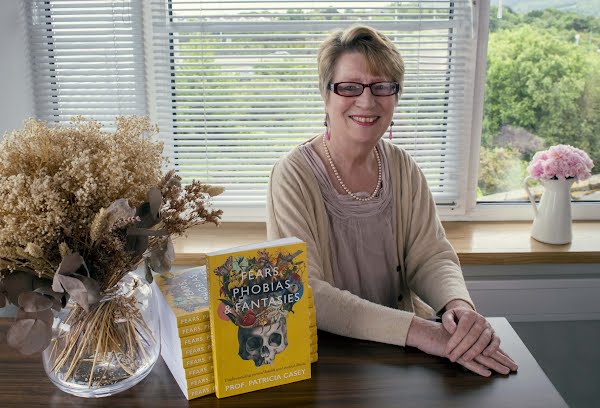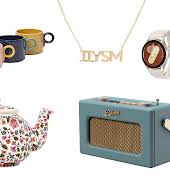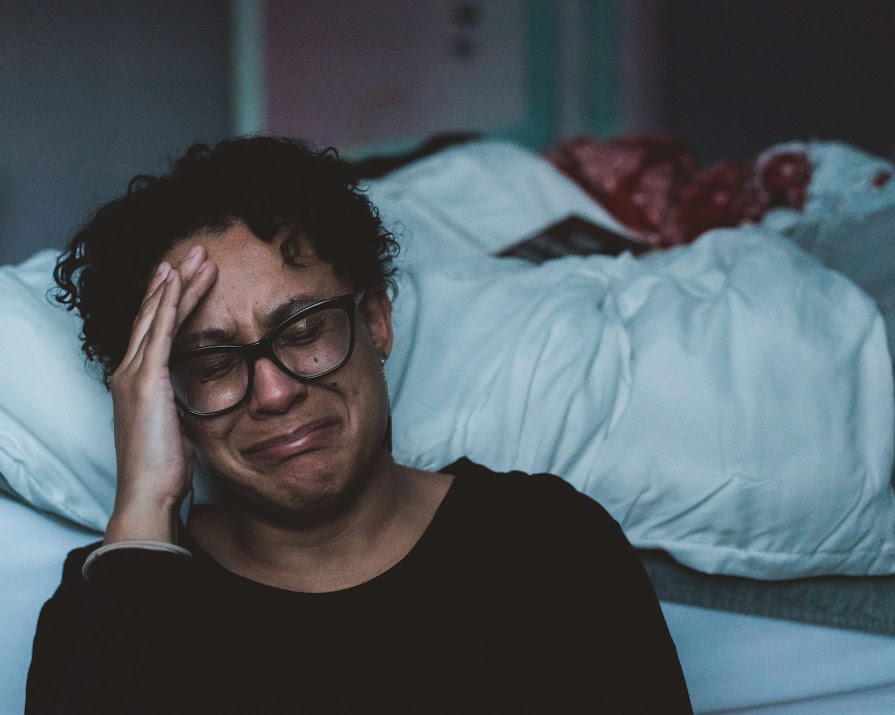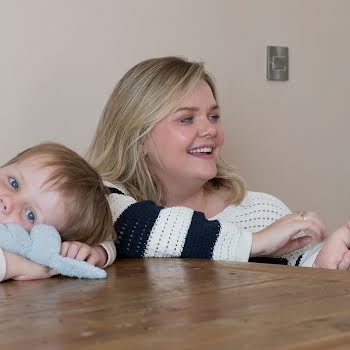How to get through 2022 with your mental health intact according to a psychiatrist and a gastroenterologist
By Sarah Finnan
09th Jan 2022
09th Jan 2022
Minding your mental health is of the utmost importance and there are a few things you can do to ensure you keep yours in tip-top shape this year.
Self-care is one of those wellness buzzwords that is oft thrown about like confetti this time of year. Well-intentioned as the concept originally was, the waters have muddied slightly over the years and people have been conditioned to think that self-care only extends to indulgent bubble baths, face masks, and perhaps a monthly mani/pedi too.
That’s all part of it of course, but minding yourself – and your mental health – goes beyond that. It encompasses everything from nutrition to trying to find joy in the little things. We asked two different experts for their advice on how to get through the year in one piece. Below are their answers. Hopefully, you find their tips and tricks as helpful as we did.
Gut health and mental health

Professor Ryan is a Consultant Gastroenterologist and co-founder of The Gut Experts, below she details how and why looking after your gut health is an important factor of mental health.
The gut-brain axis
Your gut and your brain enjoy an incredibly intimate relationship, so much so, that the gut has been called your ‘second brain’ or the ‘little brain’. There is a constant two-way conversation and flow of information taking place between your gut and your brain, which means that what is happening in your brain (if you are happy, sad, anxious, or tired, for example) can have a big effect on what is happening in your gut. But even more fascinatingly, what is happening in your gut can also affect what is happening in your brain. This means that looking after your mental health involves looking after your gut health AND looking after your mental health has positive effects on your gut health.
The 50 trillion or more bacteria living in your gut (the gut microbiota) play an important role in this finely balanced system. Your gut bacteria produce substances such as tryptophan (a precursor of serotonin, which is vital to our mental health) and dopamine, both of which have direct effects on our brain function and emotional well-being. There are some simple steps that you can take to help nurture a healthy mix of gut bacteria, and this in turn will help nurture your mental health. A fascinating study called the Smiles Study showed that following a Mediterranean-style diet (plenty of whole grains, fresh fruit, and vegetables, fish, lean meat, and poultry in moderation) had a very positive effect on mood in patients who were suffering with depression.
So, what does Professor Ryan recommend?
- Eat more plant-based foods, fibre and ‘prebiotic’ foods (eat the rainbow)
- Include some fermented foods (contain live bacteria) in your diet- kefir, yoghurt, many cheeses, kombucha etc
- Reduce your intake of highly processed foods, and saturated (animal) fats
- Reduce your alcohol intake (a little red wine can be beneficial to your GM)
- Get adequate exercise and sleep
- Don’t smoke
- Do not graze continually – you don’t have to do radical intermittent fasting, but the gut bacteria like a little break from food for a few hours at a time
Our gut really is our second brain, so be kind to your gut and your mental health will reap the rewards. Looking after your mental health is also vital if you have a gut condition such as Irritable Bowel Syndrome (IBS) or indeed Inflammatory Bowel Disease (IBD). There are many ways that you can try to do this, and again some simple steps can help: healthy diet, regular exercise (we recommend 30 minutes, five times per week), time outdoors in nature, getting adequate sleep, mindfulness, hypnotherapy as well as many other forms of relaxation therapy.
You can find out more about what The Gut Experts do over on their website or by checking them on out on social media (@thegutexperts on both Facebook and Instagram).
Routine and mental health

Prof. Patricia Casey is a Consultant Psychiatrist at the Hermitage Medical Clinic, Dublin, and Professor Emeritus of Psychiatry at UCD. She was also a former consultant at the Mater Misericordiae University Hospital, Dublin. In her latest book Fears, Phobias, and Fantasies, she aims to help people understand mental illness and mental health in the context of the Irish psychiatric services. She shares her tips on how best to prioritise yourself when times get tough.
Acceptance, courage and wisdom
Since approximately March 2020, the world has experienced a dramatic shift in its definition of ‘normality’ as we were faced with a global pandemic, conjuring up terrifying images of the Spanish flu and the “Black Death”. We were warned that our mental health would also be at risk.
Time marched on and people were certainly worried and anxious yet we tried to get on with things as best we could. This effort to keep going is called “resilience” and most humans possess it in ample supply. Faced with the trials and tribulations of life we do not crumble under the weight of our woes.
Particularly since Covid, there is a tendency to equate mental health with the absence of worrying, not feeling stressed, and enjoying life, and the opposite is seen as mental ill health. This perspective is wrong since everybody is faced at some point with weighty matters to worry about. From time to time we will not experience the full happiness that we hope for when life becomes tough due to illness, financial worries etc. If we did not worry at times like this, we would be abnormal, like automatons, untouched by the world around us.
In these situations, we can learn to respond in a positive and adaptive manner. But sometimes there may be no easy solution and we have to know our limits and accept things as they are. The prayer of Reinhold Niebaur encapsulates this very well “God grant we the Serenity to accept the things I cannot change, the Courage to change the things I can, and the Wisdom to know the difference”.
How does one do that? Having trusted people in whom to confide is essential. Being able to get upset about one’s situation without being told not to cry is helpful. Keeping a daily structure and routine is encouraged and we should avoid lying in bed brooding about our predicament. Engaging in activities that give us pleasure is beneficial and sometimes keeping a journal is a release.
Let this be our New Year Resolution for 2022!
Header image via Unsplash























